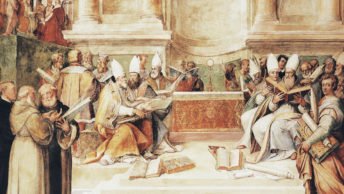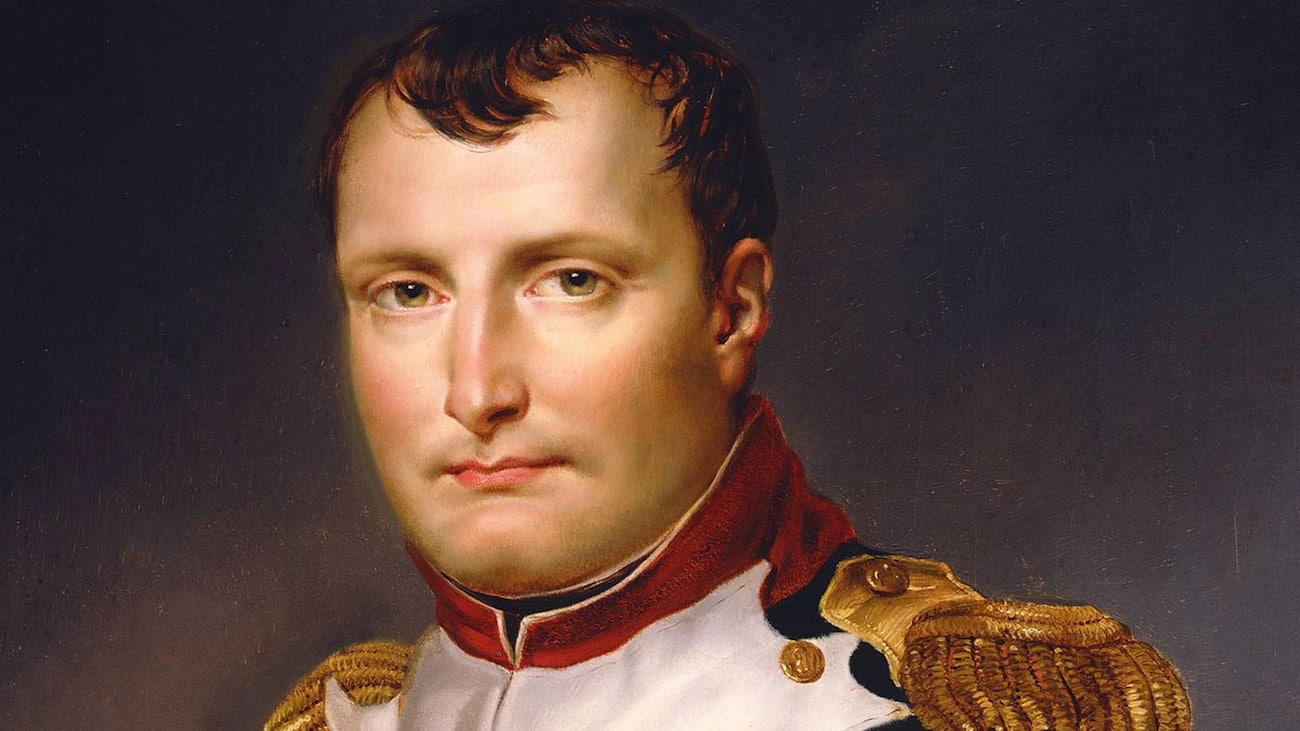I was in my favorite coffeehouse the other day for breakfast, when I was reminded of something that happened there about five years ago. I was reading my newspaper when all of a sudden, I heard this plop on my table. When I looked up some young woman I had never seen before said in a barely audible voice, I have a cookie for you!
Then she quietly moved on to another table and did the same. She was akin to a modern-day Johnny Appleseed as she spread her affections and concerns to the world around her with a cookie. I really shouldn’t be eating that kind of sweets but out of gratitude or maybe human courtesy I ate some of the cookie.
After a few moments my curiosity had been piqued. I chased her down and asked her why she was doing this. She looked at me with sad eyes and softly said the world is in such a mess…I thought this would help us with it. I asked her if she meant Ferguson…Iraq…Gaza and so on. She said all of it…the world is such a mess. Her fear and consternation were visibly palpable.
Then it occurred to me that she had personified what Rush Limbaugh had said on his program earlier that day. The conclusion then is that we can’t do anything about the situation and must simply defer to our leaders to save us from these terrible times. I told her that it has always been like this. The world has always seemed to have been a mixture of confusion, chaos and overt evil. Some times were far worse than what the world is experiencing now.
The pages of history are riven with such violent and deadly tales of plagues that killed millions, earthquakes, tornadoes, world wars, famines, pestilence and the Holocaust to name but a few. She just shook her sad head and walked away. I guess she had never studied any history in school. Today who does?
Since I got my doctorate in history 47 years ago, my favorite subject has been virtually eliminated from college and secondary campuses. I know they say they teach it but it’s not history anymore…just left-wing agitprop. To me history is values neutral. It is not liberal nor is it conservative. It is what really happened. In a word it is reality–the ultimate reality show. To find its moral value one has to dig deeply for the motivations and that answer the eternal question…Why?
While times change…leaders come and fade from view. The one constant that has been with us since the very beginning has been man’s immutable human nature. This is just one of the many ideas that the left has rejected. They see history as the unending quest to deify man and set Him upon an altar of Progress.
Philosopher Emmanuel Kant recognized the existence of a fallen man when he wrote out of the crooked timber of humanity no straight thing was ever made. Evil, sin, despair and violence are all in the human DNA. G. K. Chesterton seconded this idea when he wrote of original sin in the last century as the one teaching of the Catholic Church that did not have to be taught. Just pick up a newspaper!
People who think they can help the world by giving cookies don’t understand the dynamic of the human soul and its never-ending battle with the world, the flesh and the devil. These truisms have virtually vanished from education, society and the public square. They are basically foreign to a generation of Americans. Nothing will ever change unless people realize that the fault is within our souls and not in our stars.
For a literary rumination on the phenomenon of human nature, one need only consult the writings of South Carolinian author Pat Conroy. His quintessential book, The Great Santini, portrays the abject cruelties and insensitivities of his father, Colonel Donald Conroy.
When I finally read the book, it hit a nerve with the Conroy family. Son Pat quickly became the pariah of his highly dysfunctional family. I have seen the movie, starring Robert Duvall and Blythe Danner several times. Though tame by comparison, it did succeed in capturing the pain and suffering the senior Conroy had caused his family.
The marital union of the real Conroys produced seven children, three more sons than depicted in the film. Collectively the Conroy kids were roughly hewn and deeply disturbed children. During a long flight delay at Boston’s Logan Airport after a New England trip, I happened upon a bookstore. My browsing brought me to a hardback edition of Conroy’s only non-fiction work about his family’s serious disfunctions. Since it was published in 2013, I thought I might not be able to get it when I returned home.
So even though my carry-ons were bristling and groaning and almost impossible for me to lug around, I stuffed it in there and prayed for the best. The book’s title is The Death of Santini: The Story of a Father and his Son. Santini, which often reads like a novel, is the most bittersweet book I have ever read. One minute I was laughing out loud and the next I was wiping tears from my face. I literally felt the same sadness when Conroy died of pancreatic cancer, six months before my Judy died in 2016.
Even though the focal point of the book is the aforementioned Great Santini, Conroy also explored the demise and eventual death of both his parents with such warm affection and grace that I felt his pain bleed from his deftly crafted work. Colonel Conroy’s legalistic Catholicism stands tall and fragile throughout. Though its presence did not seem to stick on any of the kids, the rich spirit of the Catholic Imagination permeates the subtext of the book with an inherent spiritual beauty that cannot be ignored.
The Church’s teachings are arguably responsible for the warm aura of family life, amid the ruins of a twisted timber of humanity that tortured every member of the family.
At the funeral for their youngest brother, Tom who had fallen into the absolute abyss of despair (from an 11th story roof in Savannah, Georgia), they had mistakenly put Tim as the decedent. His brothers went on how they were glad that it was him who had died and not brother Tom who would be really missed.
This gallows humor, laced with a primordial sarcasm, digs to the soul of their inability to free themselves from the Conroy demons. This is reminiscent of St. Paul when he lamented in Romans for the good which I will, I do not; but the evil which I will not, that I do. A thousand cookie girls will never be any balm for our human nature—only God’s mercy, love and grace can heal man’s soul.








